Trading: switch over to ITV
Broadcaster ITV is in solid shape and the market slump has left it looking far too cheap.

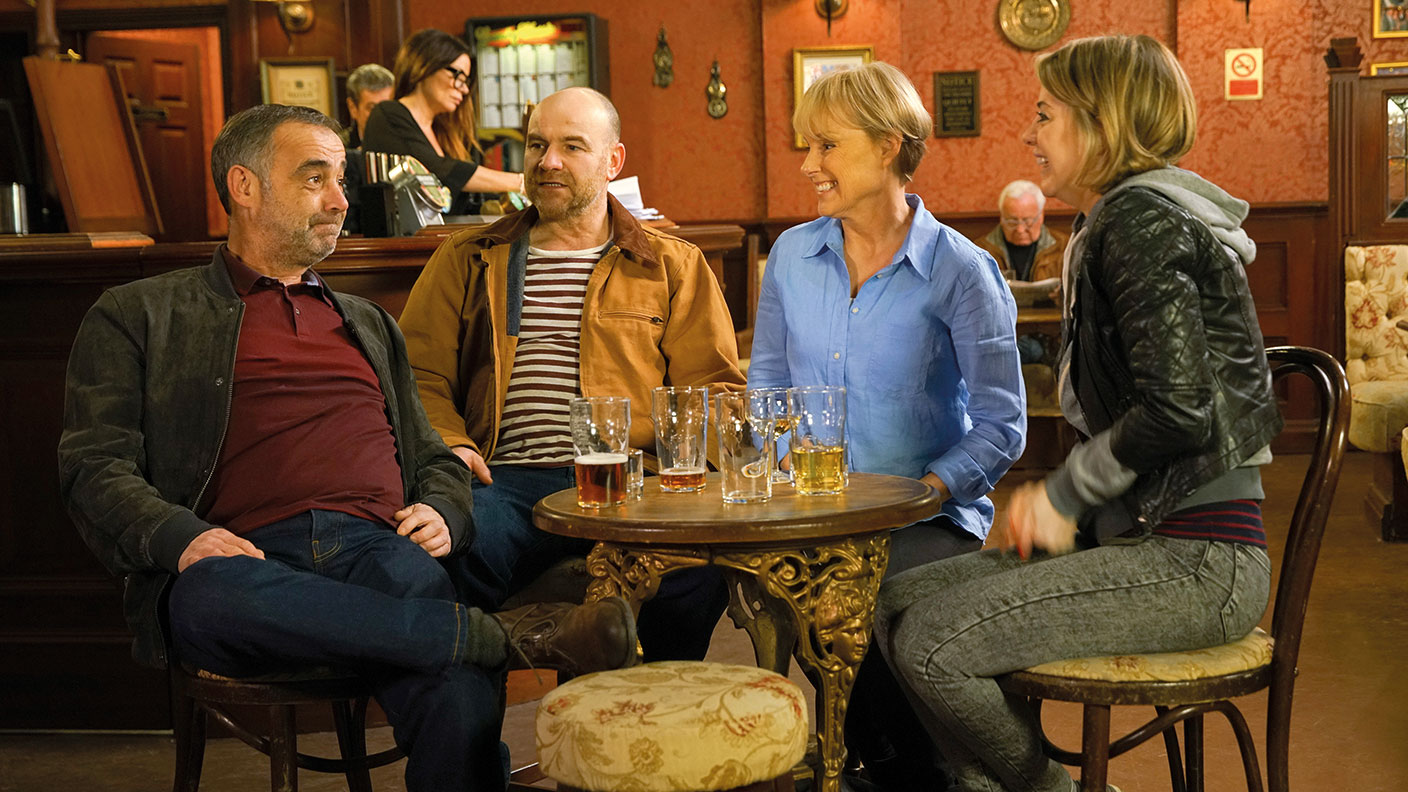
Get the latest financial news, insights and expert analysis from our award-winning MoneyWeek team, to help you understand what really matters when it comes to your finances.
You are now subscribed
Your newsletter sign-up was successful
Want to add more newsletters?

Twice daily
MoneyWeek
Get the latest financial news, insights and expert analysis from our award-winning MoneyWeek team, to help you understand what really matters when it comes to your finances.

Four times a week
Look After My Bills
Sign up to our free money-saving newsletter, filled with the latest news and expert advice to help you find the best tips and deals for managing your bills. Start saving today!
Stockmarkets around the world plunged in mid-March, but they have rallied strongly over the past six weeks, with the FTSE All-Share up by around 20%. Nonetheless, there are still plenty of bargains around. One case in point is ITV (LSE: ITV).
It was trading at around 150p at the start of the year, started to decline in February, and then plunged by two-thirds to a low of 54p at the start of April. Even today it still trades at only 76p, down by around half from its pre-crisis peak.
It’s clear that ITV will suffer some economic damage as a result of the lockdown. With no one buying anything, firms are drastically cutting back on the advertising spending that ITV relies on for around half its revenue.
MoneyWeek
Subscribe to MoneyWeek today and get your first six magazine issues absolutely FREE

Sign up to Money Morning
Don't miss the latest investment and personal finances news, market analysis, plus money-saving tips with our free twice-daily newsletter
Don't miss the latest investment and personal finances news, market analysis, plus money-saving tips with our free twice-daily newsletter
At the same time, the difficulty of social distancing means that production on several key shows, including popular soap operas such as Coronation Street and Emmerdale, has had to be halted.
The postponement of football’s 2020 UEFA European Championships will also deprive ITV of advertising revenue. Given all this, it’s no surprise ITV has announced that it will not only be scrapping the 2019 dividend that was due, but it also won’t be paying one this year.
Nevertheless, the current share price seems too low. It’s important not to overstate the impact of the crisis. The lockdown means that people are watching more television overall, leading to a record audience for the shows that are still airing.
And with the ban on large public gatherings set to continue for quite some time, the lack of alternatives means that this increase in viewership could persist for long after the lockdown itself is relaxed. Meanwhile, if rumoured plans to finish the Premier League behind closed doors and show at least some of the games on free-to-air TV come to fruition, then the effect of the lockdown on ITV would be softened further.
What’s more, while there has been much talk of a long-term shift away from traditional television, it’s also important to remember that ITV has done well over the past few years, with revenues growing from £2.59bn in 2014 to £3.3bn in 2019, an annual growth rate of growth of around 5%.
The group has also been investing in streaming services, ITV Hub and BritBox, in order to diversify its revenue base and fend off competition from rivals.
ITV is a highly profitable operator
ITV’s other fundamentals look impressive. Although margins have shrunk a bit recently, it has still used its assets efficiently, with a return on capital expenditure, a key gauge of profitability, of 23.8%. Its debt levels are also relatively low, with annual profits worth almost 30 times interest payments, and it has plenty of cash on hand. Despite this, it trades at only 5.7 times estimated 2021 earnings, which is an extremely low valuation for such a solid business.
With ITV’s share price already up by more than a quarter from its lows, the worst seems to be over. I therefore suggest you go long on ITV at £55 per 1p (compared with a minimum of £1 per 1p with IG). Given that the market has been extremely volatile, it makes sense to have a slightly looser stop loss, covering your position at 48p, which would give you a total downside of £1,540.
Get the latest financial news, insights and expert analysis from our award-winning MoneyWeek team, to help you understand what really matters when it comes to your finances.

-
 How to navigate the inheritance tax paperwork maze in nine clear steps
How to navigate the inheritance tax paperwork maze in nine clear stepsFamilies who cope best with inheritance tax (IHT) paperwork are those who plan ahead, say experts. We look at all documents you need to gather, regardless of whether you have an IHT bill to pay.
-
 Should you get financial advice when organising care for an elderly relative?
Should you get financial advice when organising care for an elderly relative?A tiny proportion of over 45s get help planning elderly relatives’ care – but is financial advice worth the cost?
-
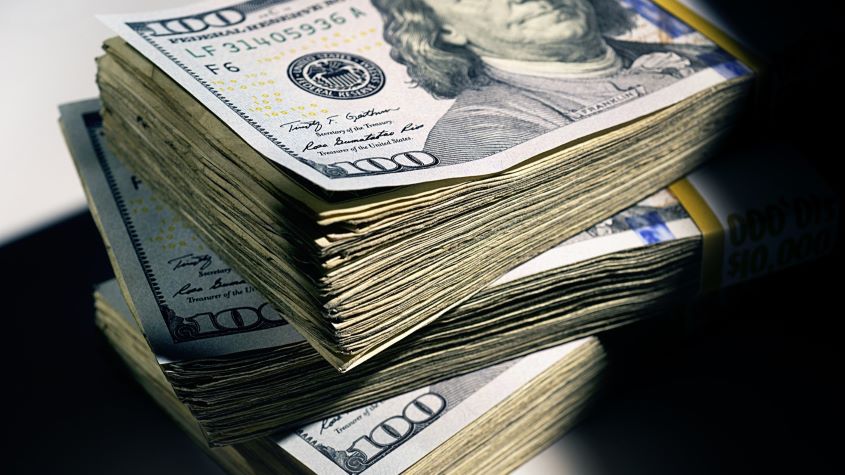 Why you should keep an eye on the US dollar, the most important price in the world
Why you should keep an eye on the US dollar, the most important price in the worldAdvice The US dollar is the most important asset in the world, dictating the prices of vital commodities. Where it goes next will determine the outlook for the global economy says Dominic Frisby.
-
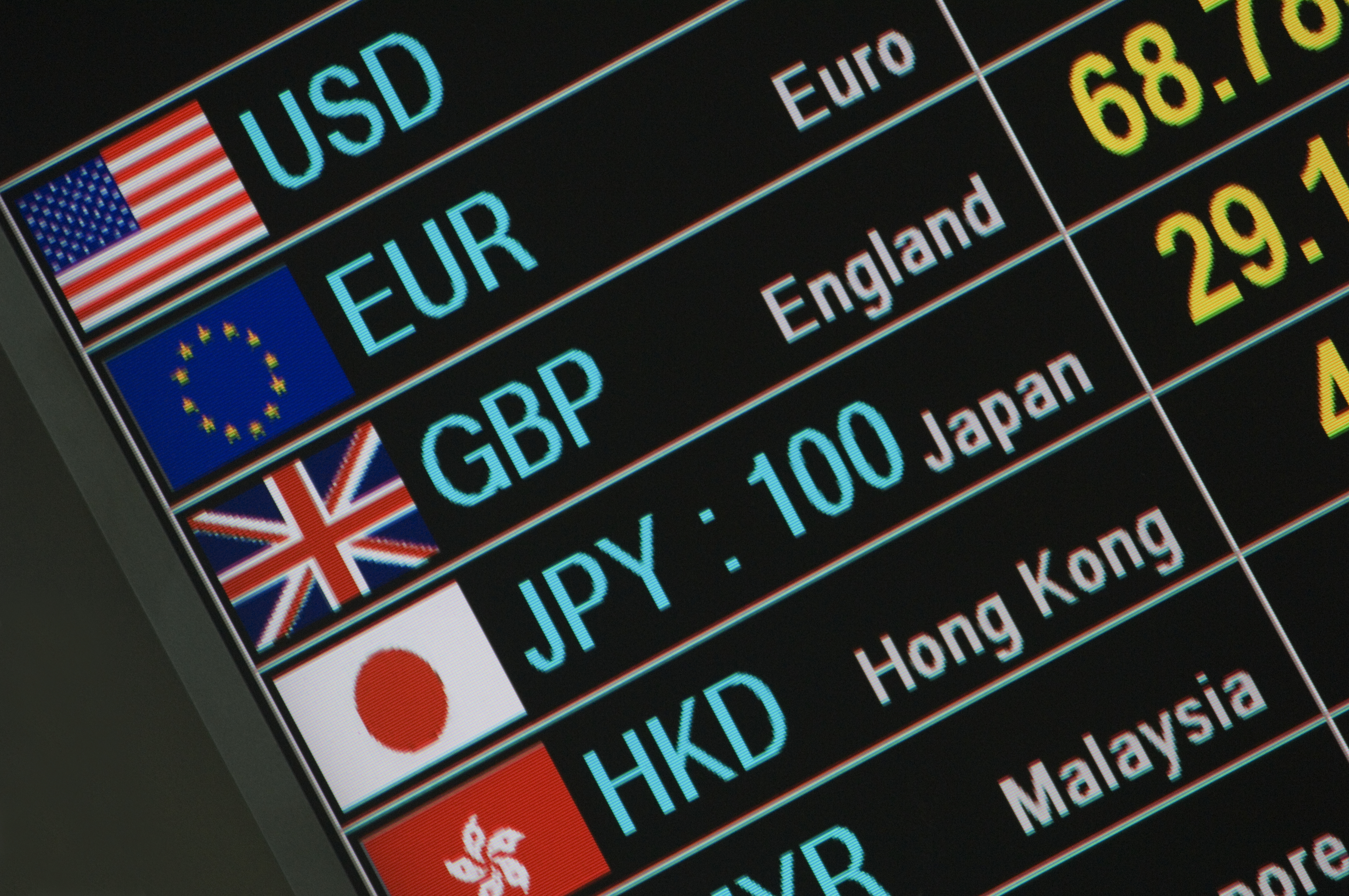 What is FX trading?
What is FX trading?What is FX trading and can you make money from it? We explain how foreign exchange trading works and the risks
-
 The Burberry share price looks like a good bet
The Burberry share price looks like a good betTips The Burberry share price could be on the verge of a major upswing as the firm’s profits return to growth.
-
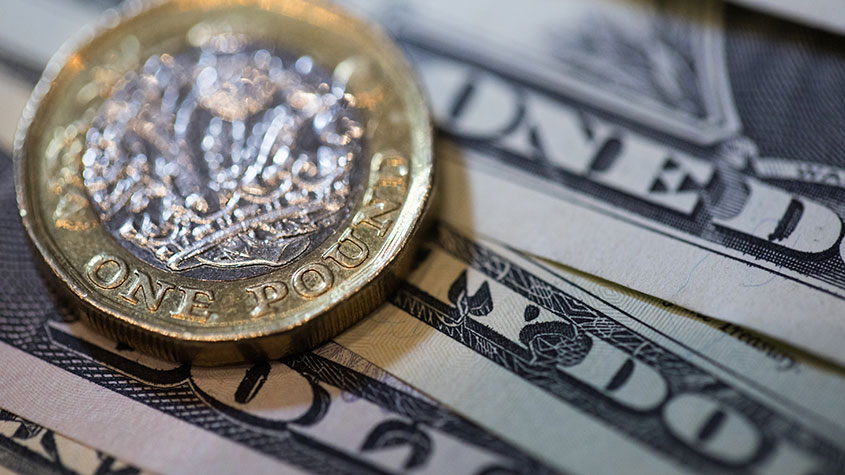 Sterling accelerates its recovery after chancellor’s U-turn on taxes
Sterling accelerates its recovery after chancellor’s U-turn on taxesNews The pound has recovered after Kwasi Kwarteng U-turned on abolishing the top rate of income tax. Saloni Sardana explains what's going on..
-
 Why you should short this satellite broadband company
Why you should short this satellite broadband companyTips With an ill-considered business plan, satellite broadband company AST SpaceMobile is doomed to failure, says Matthew Partridge. Here's how to short the stock.
-
 It’s time to sell this stock
It’s time to sell this stockTips Digital Realty’s data-storage business model is moribund, consumed by the rise of cloud computing. Here's how you could short the shares, says Matthew Partridge.
-
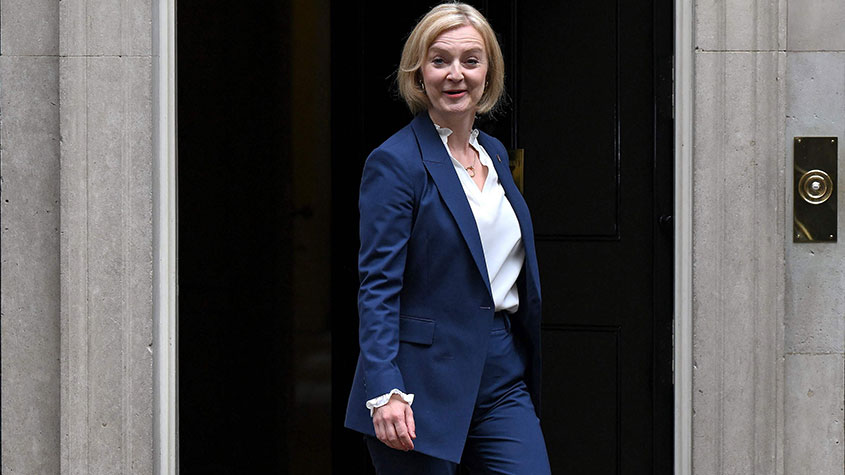 Will Liz Truss as PM mark a turning point for the pound?
Will Liz Truss as PM mark a turning point for the pound?Analysis The pound is at its lowest since 1985. But a new government often markets a turning point, says Dominic Frisby. Here, he looks at where sterling might go from here.
-
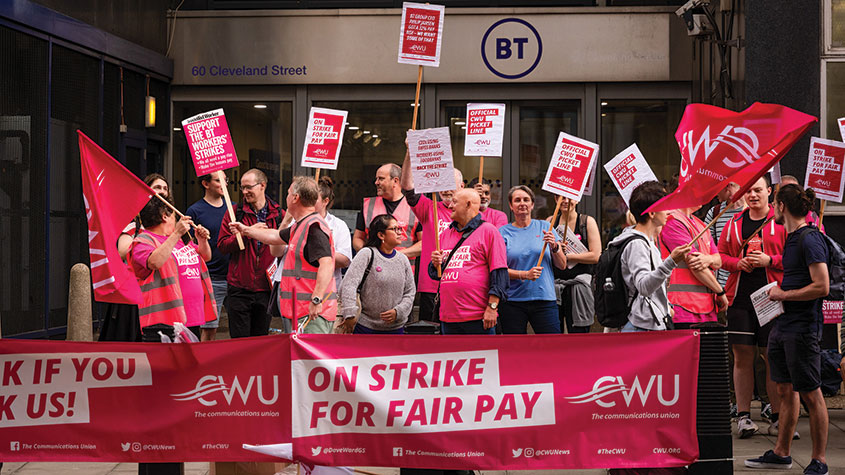 Are we heading for a sterling crisis?
Are we heading for a sterling crisis?News The pound sliding against the dollar and the euro is symbolic of the UK's economic weakness and a sign that overseas investors losing confidence in the country.